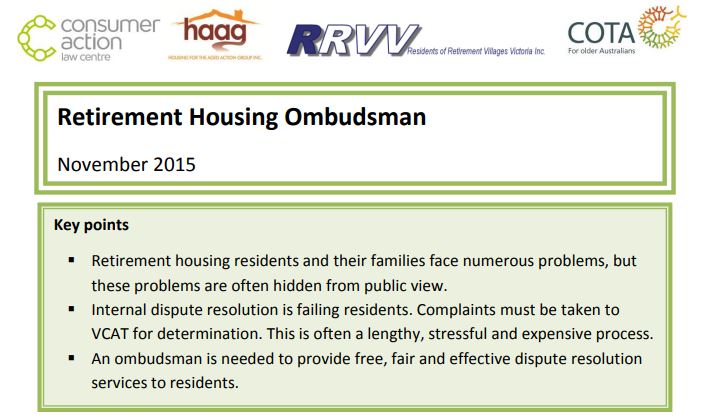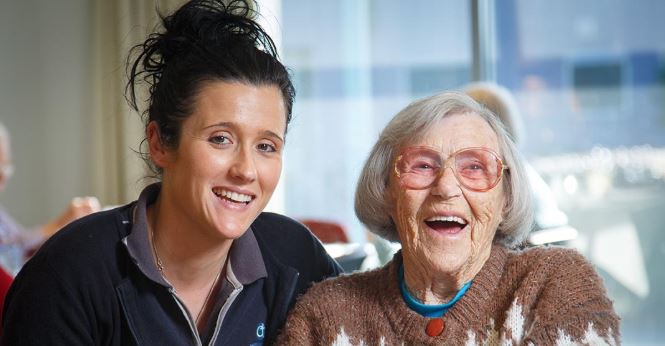Confusion reigns!
The resident associations want one.
The advocacy groups want one.
The Retirement Living Council in their * Point Plan support having one.
But nobody is prepared to commit to one.
What is an ombudsman and why the road bumps in establishing one?
An Ombudsman is an independent officer of Parliament. They would provide free, independent and binding dispute resolution services to resolve disputes between retirement housing residents and operators – hopefully quickly, fairly and without the costs associated with going to court.
In each state the bureaucrats within the Departments of Consumer Protection/Affairs seem to have a reluctance to have an ombudsman. The ombudsman will have discretion which is perhaps a challenge within the legal circles of these government departments.
The challenge for some operators is there will likely be a cost imposed on all operators – if we never have disputes why should we pay?
It’s also another level of regulation; many don’t want that.
And fear of the unknown – will the ombudsman display favouritism to residents for instance.
In Victoria the Liberal opposition says if they get voted in they will appoint an ombudsman.
The NSW government has decided it will go halfway and appoint an ‘Ambassador’. We wait to find out what that means.
But operators generally seem happy to have one. Here is the exact wording of Point Seven of the Retirement Living Council’s 8 Point Plan.
7. Commit to the establishment of an efficient and cost-effective government-backed independent dispute resolution process, such as an Ombudsman or Advocate, for disputes that are unable to be solved at a village level.
Read the full 8 Point Plan HERE.
What do you think – is an ombudsman a good idea?



